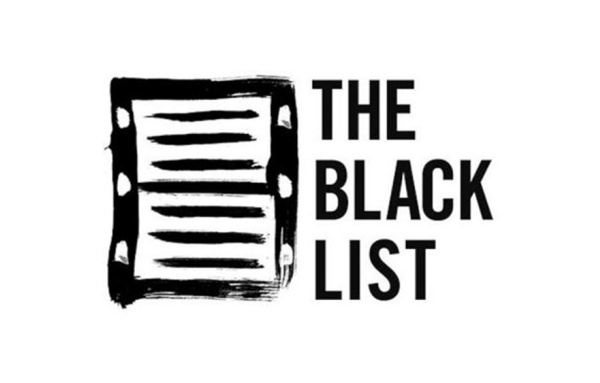The 2023 Hollywood Commission, founded by Lucasfilm president Kathleen Kennedy and Nina Shaw, has found that fewer people are reporting workplace harassment, not because fewer incidents have occurred, but because of a shared knowledge that studios won’t respond appropriately.
The lack of studio repercussions for offenders reflects a slew of entertainment industry careers, with the survey finding that 31 percent of entertainment workers out of 5,259 people surveyed did not bother to report workplace misconduct because they “did not believe anything would be done” by respective human resources departments.
Compared to 2020, that’s 24 percent less confidence in studios to take action against harassers.
“The problem is acute across the entire industry — on independent productions, many of which lack the structures and systems of the large studios, and at the large studios themselves, where 71 percent of workers believe it is unlikely that a powerful person will be held accountable,” the study reads.
The Hollywood Commission was created in 2017. For the 2023 survey, 53.6 percent of those asked identify as women. The survey includes discussions around sexual harassment, bullying, and overall bias and discrimination in the workplace.
“Perceptions of accountability have worsened in the last three years — and without accountability, there will be a permissive culture and climate for harassment,” the report reads. “For systems to work, workers must believe that their voices will be heard and their reports are meaningful — that something will be done.”
The recent Celluloid Ceiling report from San Diego State University and the 2023 Inclusion in the Director’s Chair study from the USC Annenberg Inclusion Initiative both found that female filmmakers have created less mainstream films since 2020, the same year that according to the Hollywood Commission, saw the highest amount of confidence in studios taking action against abusers and harassers.
Dr. Anita Hill, chair of the Hollywood Commission, told Deadline that there is still not universal accountability or even acknowledgment of harassment still being “a problem in the industry.”
“What I think did happen is the fact that people are more and more aware of what is unacceptable behavior in the workplace. And that really is one of the first steps in creating more accountability. Creating more action to actually change the behavior,” Hill said. “The entertainment industry is the face of the population, it is where people see or don’t see themselves. We’ve seen over the past few years, in a number of organizations, that their workers have come together with their increased awareness, with their understanding that working to eliminate discrimination and harassment in their organizations will be better for everyone working in those organizations.”
Hill added of studios implementing new policies in the past, “We’ve seen it happen. We’ve seen them disrupt that behavior. Based on those disruptions, we’ve also seen, based on those disruptions, them building some new structures within organizations that have begun to eliminate the problems. We’ve also seen some high-profile cases, and while those typically involve one organization or a small population, they are examples of what can happen when people take accountability seriously. ”





